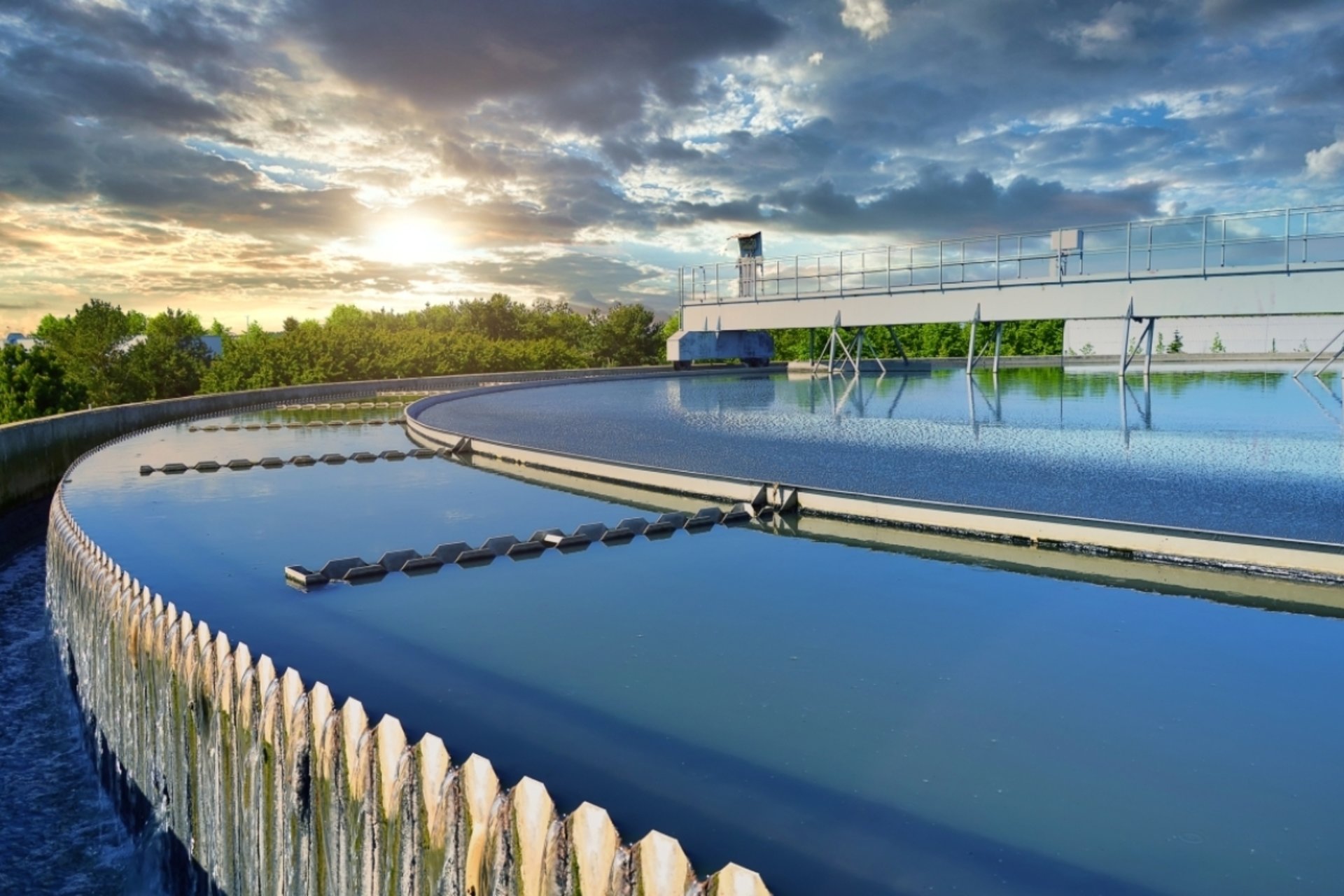Mitigating water pollution
Funding Year: 2022
Research Areas: Freshwater
Region: North America
Water contaminants damage aquatic ecosystems and threaten human health. Nitrogen pollution affects over 70% of U.S. freshwater and coastal marine ecosystems, costing $2.2 billion each year in lost livelihoods, recreation, and remediation. Without accurate, localized measurements, we cannot adequately evaluate interventions nor progress. However, current measurement techniques restrict remediation efforts to reactive, general responses rather than proactive, site-specific interventions. This project aims to advance remediation efforts by integrating newly developed nitrogen sensors with machine learning for adaptive sensor control and data analysis on the site, watershed, and eventually regional and national scales.
Learn more about the Environmental Venture Projects grant program and other funded projects.
Principal Investigators:
William Tarpeh (Chemical Engineering)
Kate Maher (Environmental Earth System Science)
Fio Micheli (Biology)
Debbie Senesky (Aeronautics and Astronautics)


